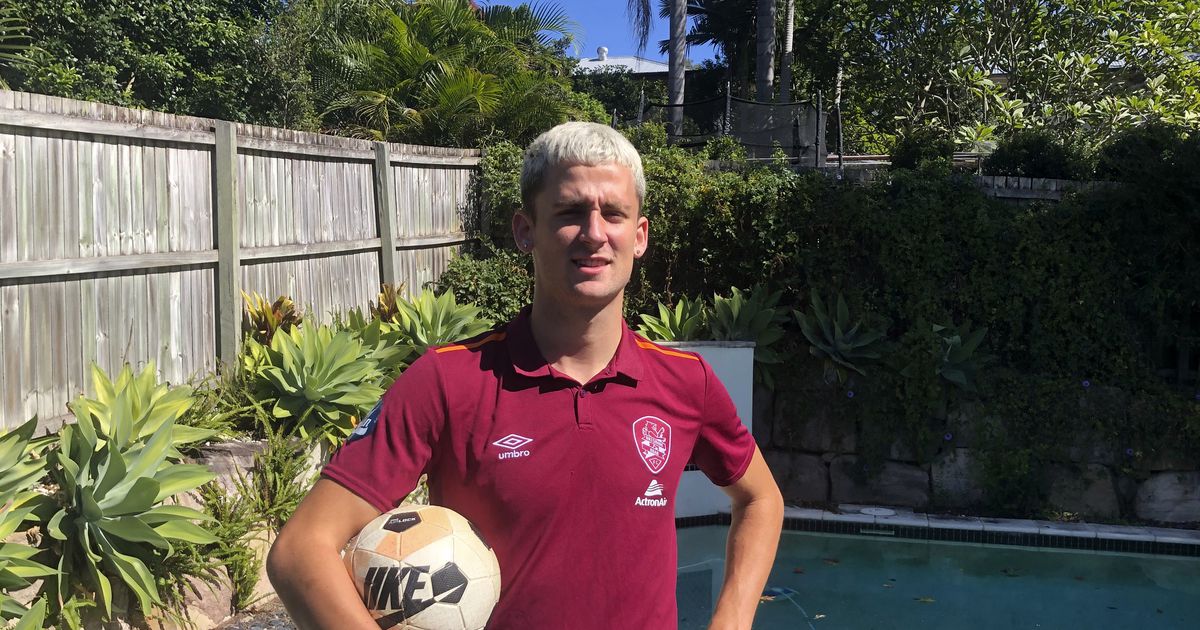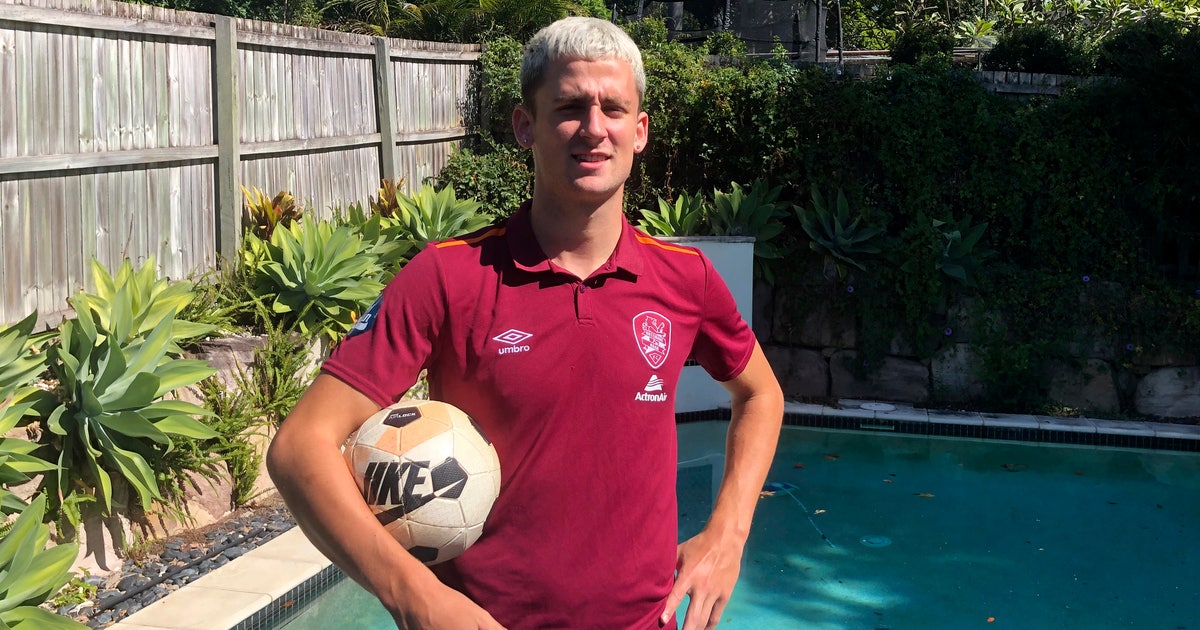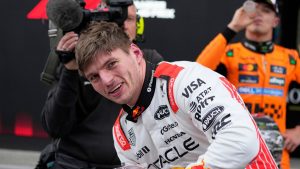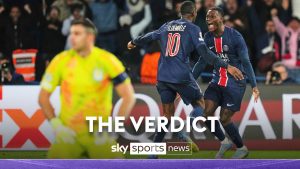Locked down, not out: Teenage pro prepares for post-pandemic


BRISBANE, Australia (AP) — He caught the attention of Robbie Fowler, a man revered by some, who gave him a shot at turning pro while still in high school.
That kind of faith ensured Jordan Courtney-Perkins an A-League start last November, and earned him a record as the youngest Brisbane Roar player to make a starting debut in Australia’s top-flight competition.
He quit school after missing so many days late in 2019 to play soccer, including the Under-17 World Cup in Brazil.
Now there’s no soccer, and no school — at least not for this 17-year-old defender.
The coronavirus pandemic forced the suspension of the A-League in mid-March and, like many clubs around the country, that resulted in Roar players and staff being stood down during the lockdown.
“A lot of things that the coronavirus has caused are terrible things, but there are some positives I can take out of it — like you can reflect on things, really think,” Courtney-Perkins said. “The whole football world and transfers, money and everything, is frozen at the moment.
“It definitely makes you think how you have to take opportunities when they’re there — don’t mess around. This has definitely heightened that.”
There are signs the league will resume in August, but in the meantime Courtney-Perkins is training and working out mostly on his own, living with his parents. He’s keeping in virtual contact with the club, with trainers and teammates and with Fowler, who is back in England but keeping in touch by video and electronic means.
After playing 379 games and scoring 163 goals in the Premier League, mostly at Liverpool, Fowler played a season at the now-defunct North Queensland Fury in 2009-10 and then Perth Glory in 2010-11 in Australia. He returned to Australia in April last year to take over as manager at the Roar on a two-year contract.
And he’s having a big influence, along with technical director Tony Grant, on developing teenage players, including Courtney-Perkins and Izaack Powell, who were both in the Australian Under-17 World Cup squad.
“The Gaffer. Yeah, he’s a good guy. It’s pretty crazy to be playing under a bloke that people call ‘God,’” Courtney-Perkins said, speaking of the nickname the Anfield faithful gave to Fowler. “He’s got a mentality that if you’re good enough, you’ll play. He knows for him on a personal level, in his career, age didn’t matter for him.”
The Roar went on a roll before the lock down, moving up to fourth in the standings and into playoff contention.
After his promising start, Courtney-Perkins injured his knee and went 12 weeks without playing a full 90-minute match, almost an eternity in teen time. But it helped crystallize his life choice of football over school. He’s confident this bigger, more global enforced break from the game isn’t going to hurt him.
“I’m very set on one thing. Mum and Dad will constantly remind me, you know, (life) it’s not just football,” he said. “But I’m just so hell bent on this is what I want.”
The 12 weeks off, he decided, would give him time in the gym and to get fit in other ways “to come back a bigger, better player.” He worked his way back to working with the senior squad.
“I’m pretty good at seeing the positives out of a dim situation,” he said.
The clubs, Football Federation Australia and the player unions have been active in player welfare, asking for daily diaries for personal and training data updates and keeping them connected in order to stay healthy mentally and physically.
Simon Colosimo, the FIFpro deputy general secretary, played for Australia and in Europe in a professional career that started in his teens. His advice for Courtney-Perkins, and for all young pros like him who dream of playing in the world’s biggest leagues, is to value every minute with coaches and senior players because the pandemic just demonstrates how quickly things can change.
“Every moment you get to have with them builds your football career,” said Colosimo, who recovered from an early injury setback to keep a career on course in football, and later representing players.
“A lot of things that are falling into place (now), you can’t influence. What he can do is continue to train hard, work hard. Make sure he finds that right balance.”
Courtney-Perkins has no regrets about leaving school early, although he is doing a diploma that will set him up for work after football — a career change he hopes will be “about 20 years” away.
“I’m loving every minute of it,” he said. “Although sometimes it could be challenging, or people look at you a little bit crazy, like ’one in a million make that career happen.’ But I’m confident in myself because when I want something I’m going to do everything in my power to get it.”





